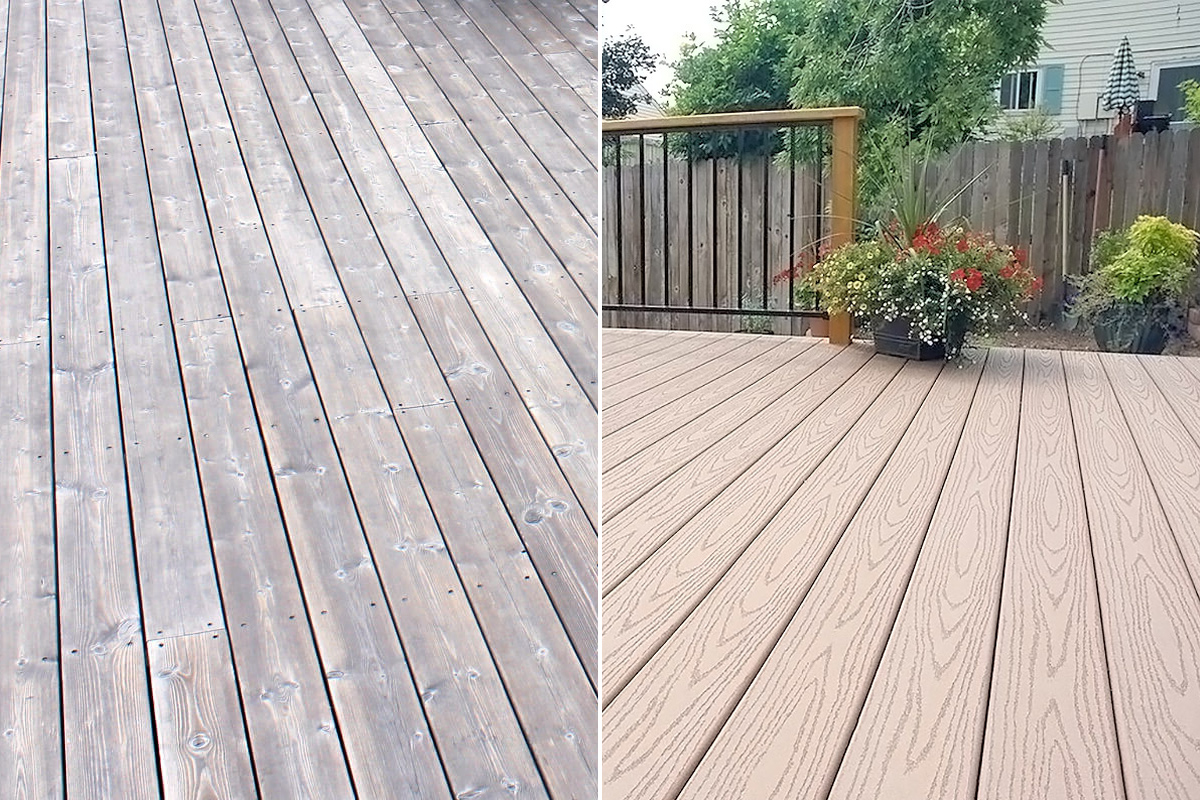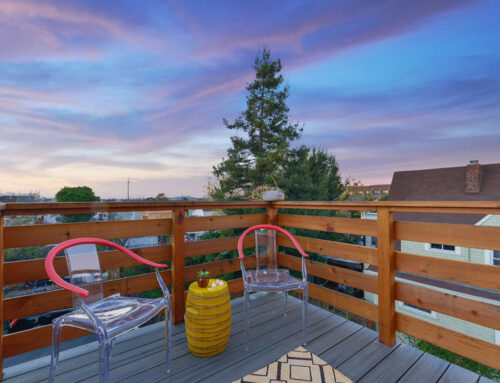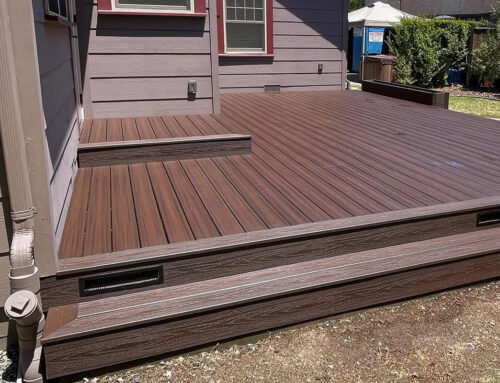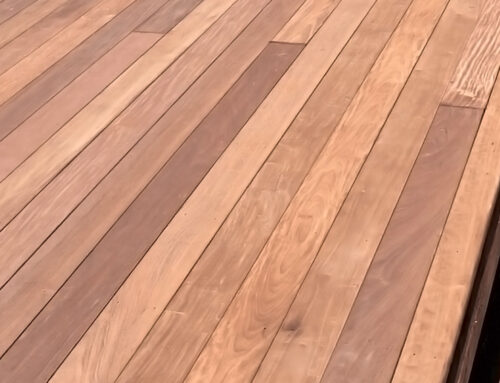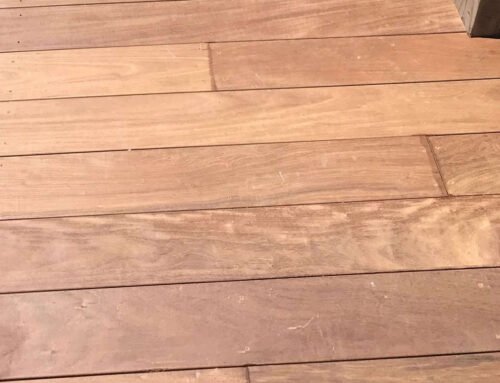When building a deck, you will often be faced with a variety of different options for building materials. The two most common options are genuine wood of various types, or composite. Each has their pros and cons, and can be better or worse for certain situations.
Benefits of Composite Decks
Many new homeowners building a deck for the first time like composite because it is a very long lasting and low-maintenance material. Composite decking will not need to be sealed or stained on an annual basis, and may only require occasional upkeep such as sweeping leaves away and possibly power washing to remove dirt and debris.
Composite is also available in a large number of colors and shades to suit your aesthetic needs. You can easily find a composite to match your home’s exterior or can go with a bold contrast to make a statement or help draw your eye to the deck itself.
Additionally, composite is somewhat technically advanced and can be found with added plastic exteriors to increase durability and longevity. This not only reduces how often you need to replace your decking, but it also helps minimize staining from mildew, mold, and other unsightly things.
Benefits of Wood Decks
Despite all of the benefits of composite decking, wood decking still remains the most popular option. Some of the more desirable wood options are cedar, tigerwood, ipe, and jatoba. Many homeowners feel that genuine wood is a much more aesthetically pleasing option, but it can come with some extra upkeep.
Wood options are, in general, more budget friendly than composite options. However, for environmentally conscious homeowners, genuine wood of certain types may be less earth friendly than artificial decking options.
Wood decking offers your home a very classic look with a pleasing aesthetic. If you are looking for a way to increase your home’s curb appeal or market value, a genuine wood deck may be just the thing it needs.
Potential Downsides to Consider
When comparing downsides between composite and genuine wood decking, there are a few things to keep in mind.
In the category of expenses, composite decking carries a higher price point than wood of most types. However, some exotic wood species may end up being more expensive than composite depending on the harvest location and shipping charges.
For upkeep and maintenance, wood will require much more attention than composite in the long term. Wood decking will need regular sanding, stripping, staining, and other maintenance on an annual or bi-annual basis.
This additional upkeep will end up adding to the cost of the decking itself, which may or may not end up changing your choice for the best decking material for your needs.
For durability, both wood and composite are similar in the weights and forces they can withstand. But for longevity, wood decking falls somewhat short compared to composite wood simply due to the fact that it can be prone to moisture damage leading to rot or warping, insect infestation, and other weather related issues.
Ready to Learn More?
Reach out to our deck builders and schedule your consultation to see which option makes more sense for your property.


